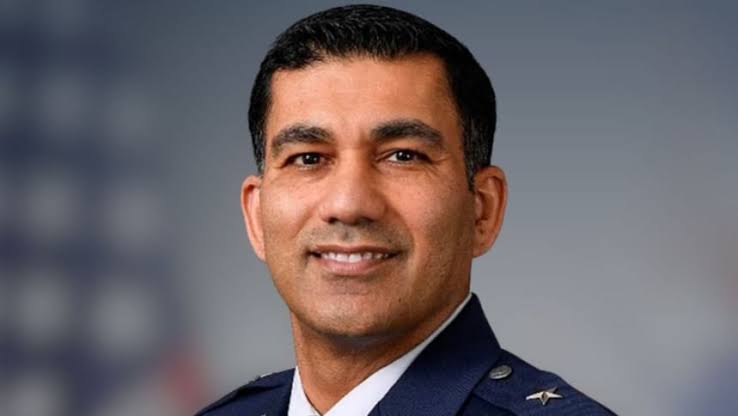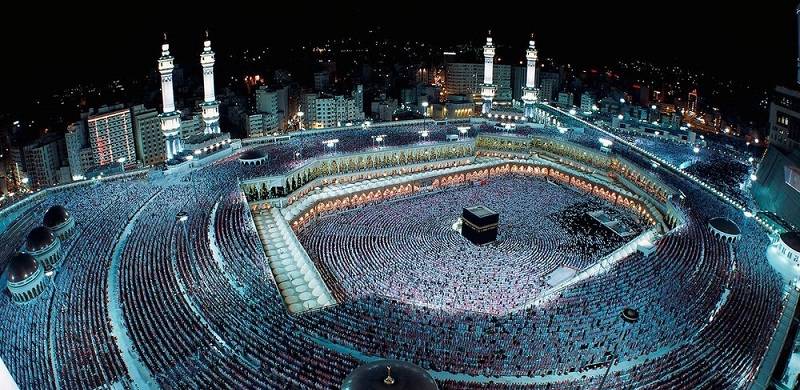Shariful M. Khan Leads Golden Dome Defense Program
Table of Contents
ToggleBrigadier General Shariful M. Khan now leads Golden Dome defense program at the Pentagon. His appointment marks the first time a Muslim U.S. airman holds this role.
Khan hails from Bangladesh origin but serves in the U.S. Air Force. He commands major trust in one of America’s top missile defense efforts.
He steps into the position of Director of Staff for “Golden Dome,” often dubbed America’s version of the Iron Dome. In this role, he will steer strategy, policy, and interagency partnerships.
A Historic Milestone for U.S. Defense Diversity
This appointment signals a major step toward diversity in U.S. defense leadership. It shows the military is embracing talent across faiths and backgrounds. Khan’s path inspires many young service members from minority communities.
Officials praise this choice as both inclusive and merit-based. They note Khan’s credentials and years of service weigh heavily in his favor.
Career Highlights & Credentials
Khan graduated from the U.S. Air Force Academy in 1997. Over decades, he served in space systems, reconnaissance, and command roles.
He led the 379th Space Range Squadron and later the 310th Space Wing at Schriever. He has handled large missions and complex operations.
He has deployments to the Middle East, inclining him toward strategic defense insight. In the Pentagon and Space Force, he took senior staff roles. He earned honors like the Legion of Merit and other top U.S. military awards.
Golden Dome: What It Means & Mission
Golden Dome is a classified missile defense program within the U.S. defense portfolio. Some media call it America’s Iron Dome equivalent.
Khan will coordinate development, procurement, testing, and deployment systems. He will lead interactions with industry, academia, labs, and allied nations.
Under his leadership, Golden Dome may focus on next-generation interceptors, sensor networks, and battlefield integration.
Challenges & Expectations
Khan faces steep demands. He must balance secrecy, cutting-edge tech, political oversight, and international cooperation.
He must deliver results under scrutiny and navigate bureaucratic hurdles. He must build trust in a role with national security stakes.
However, his track record gives him credibility. He handled space and defense roles before. That experience may help him hit the ground running.
Supporters expect pushes in modernization, joint operations, and better integration with allied defense systems. They also expect Khan to advocate diversity and inclusion at high levels.
Impact & Symbolism
Khan’s appointment holds symbolic power. It highlights how the U.S. military is opening doors for faith minorities. It also shows that excellence, not just identity, drives leadership roles.
International observers see this as a soft power message. It may influence how U.S. allies and partners view American military culture.
Within U.S. forces, this may boost morale among underrepresented groups. It may also influence future selection and talent pipelines.
What to Watch Going Forward
Watch how Khan shapes Golden Dome’s roadmap. His first steps might include staffing shifts and strategic priorities.
Expect initial announcements about priority missions or new missile technology. Allies and industry partners may respond.
Keep tabs on whether Golden Dome publishes reports or opens limited public briefings under Khan’s stewardship.
His performance will set a precedent for future appointments from diverse backgrounds.







